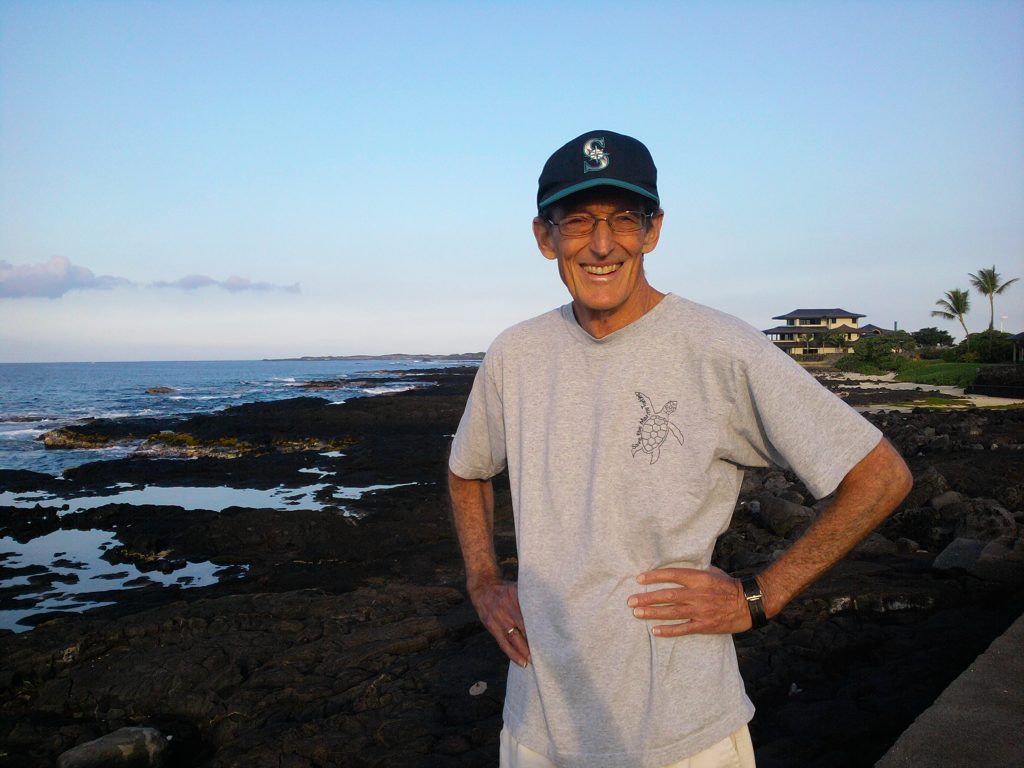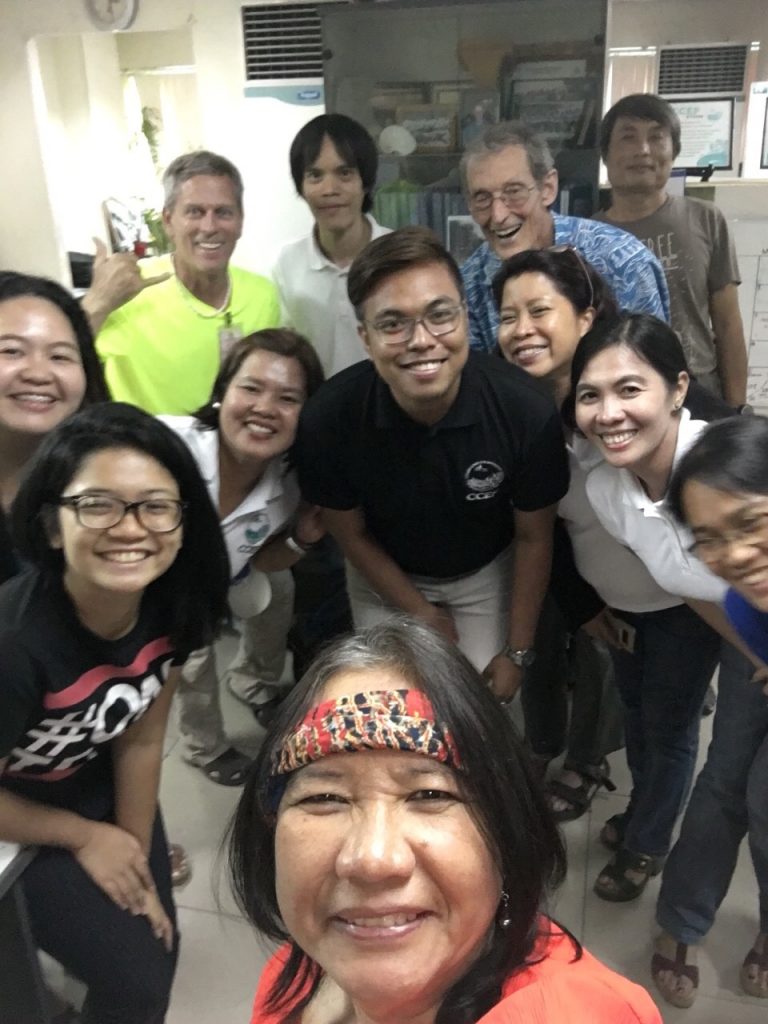Alan White: Helping Indonesian communities tackle marine challenges
September 5th, 2018 | Careers, SIT, SIT Graduate Institute

Long before SIT launched programs in climate change or sustainable development, the institution helped Alan White prepare for a distinguished career in coastal conservation.
Serving in the Peace Corps in Ecuador in the 1970s, Alan decided he wanted an international career, so SIT was a logical next step, as it was for many returning Peace Corps volunteers. “I thought it was a good transition to a more professional level of involvement, and it opened my eyes to the many ways of dealing with cultures and communities,” he recalled.
[SIT] opened my eyes to the many ways of dealing with cultures and communities
Alan is a 1979 graduate of the International Career Training (ICT) program, one of SIT’s two original MAs and the precursor to the current international education, sustainable development, and peace and justice degrees. For his practicum, he went to the Philippines, where he was drawn to environmental work. “I discovered what I wanted to do, so I went for my PhD [in geography and marine resources management] at the University of Hawai‘i. But SIT got me going in the right direction — learning to respect cultures, work with people, and manage projects.”
Today, his CV reflects more than 26 years of experience in the field as a marine geographer, coastal resource management specialist, and resource economist. As a senior scientist with The Nature Conservancy’s Asia-Pacific program since 2006, he has led a team to support marine-protected areas and advance policies for marine conservation in the Asia Pacific region.

Alan also manages the Sustainable Ecosystems Advanced Project of USAID Indonesia — a major five-year effort to support the Indonesian government’s efforts to conserve biological diversity at the national, provincial, and local levels. Coastal communities are grappling with resource management issues, changes to their environment and livelihoods as a result unsustainable use patterns, and warming ocean temperatures and coral bleaching, Alan noted. “This effects people, fisheries, tourism, and there are major impacts when that happens.”
Alan’s project helps those communities work with the national government to address problems such as destructive and over-fishing, poor planning, and coastal development. “At the community level, it’s difficult for people to grasp this. If the coral reef dies there’s not much they can do about it initially; but they can make plans to deal with some of the consequences, and in Indonesia they are actively setting up marine protected areas that include no-fishing zones,” Alan said.
In 1998, with his wife, Vangie, Alan also founded the Coastal Conservation and Education Foundation (CCEF), a nonprofit based in Cebu City, the Philippines, that helps communities protect their coastal resources and the income they get from fishing, tourism, and other activities.
